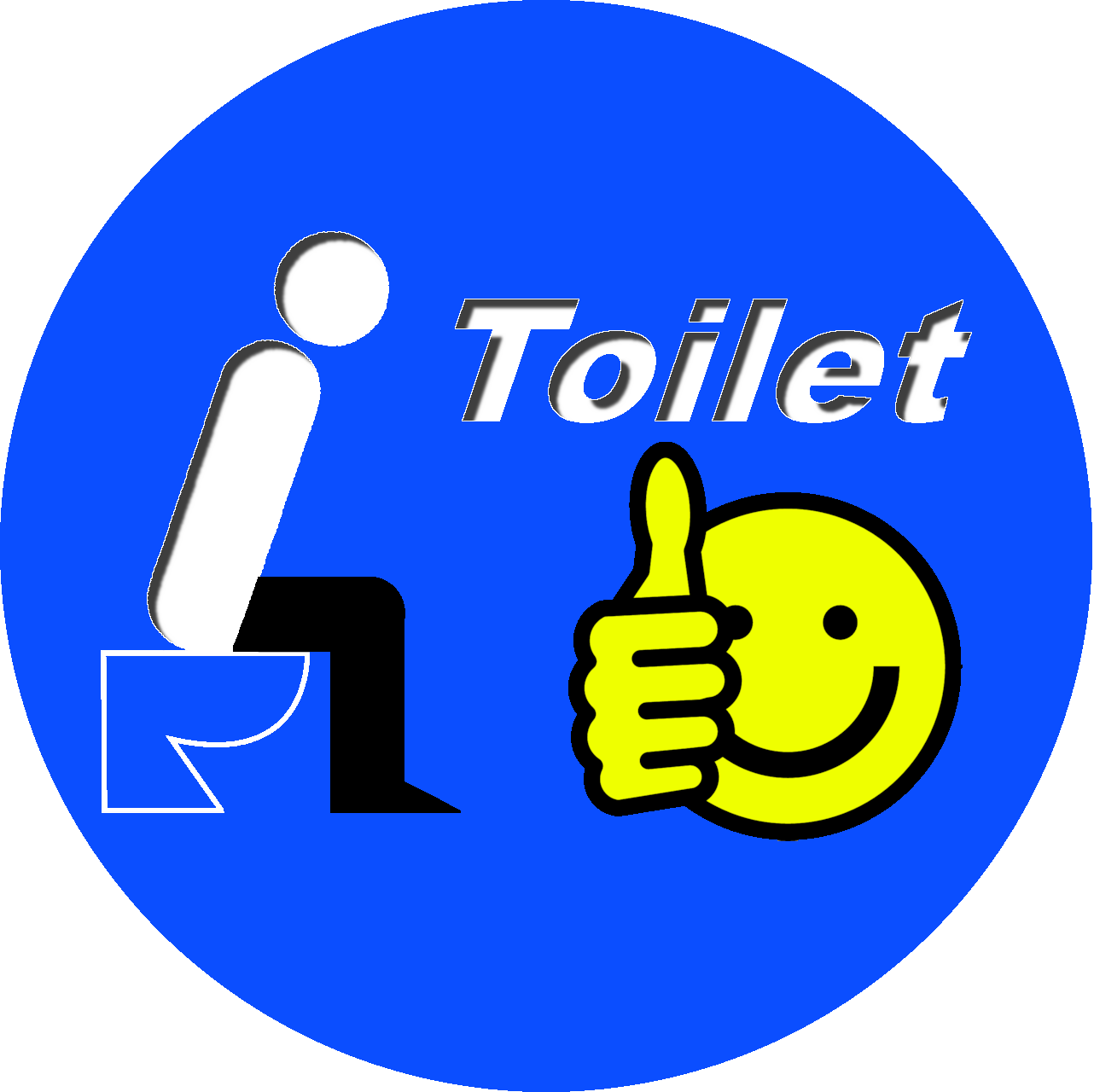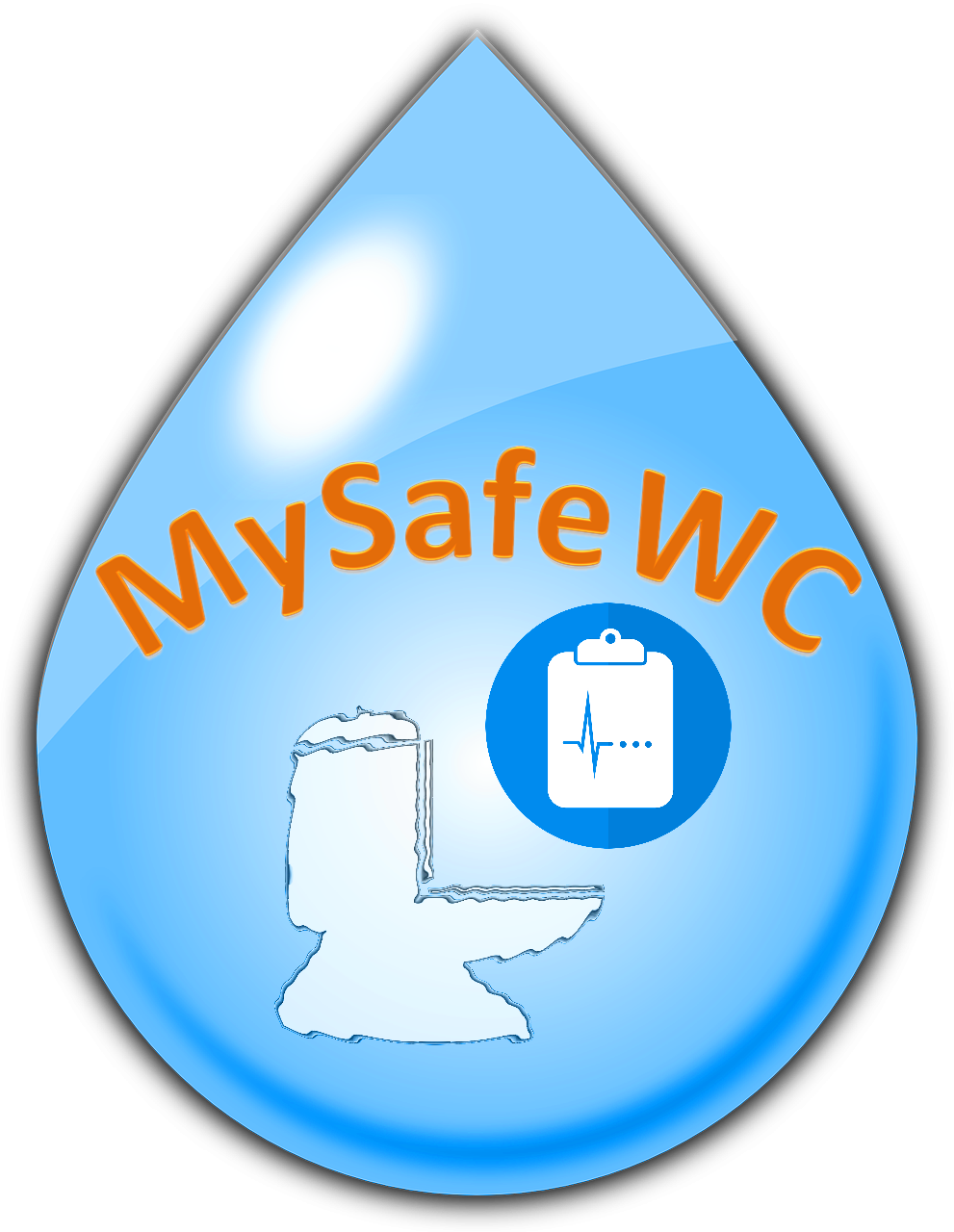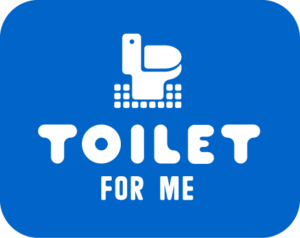APH-Alarm - Gesture based alarming

Comprehensive safety solution for people with Aphasia.
Project Homepage: https://aph-alarm-project.com/index.php/en/
Team: Paul Panek, Peter Mayer, Katharina Werner
Our group is responsible for ethics, user interface design and testing. A set of pictograms has been developed in close cooperation with the users. An agile evaluation of iterative prototypes is being done and a field testing of the final prototype is under preparation.
The project APH started in May 2020 and will be completed in April 2023.
Digital Intelligent Assistant for Nursing Applications in Dementia Care

Less routine monitoring tasks for nurses and gaining more time for compassion and personal care taking for people with dementia.
Project Homepage: http://www.diana-project.eu/
Team: Paul Panek, Peter Mayer
The objective of DIANA is to improve the life and safety of mild to severely cognitive impaired persons 65+ while assisting nurses and care givers by providing novel technological solutions. The enabling technology will analyse action and behaviour changes while ensuring data privacy. Furthermore, the project will study innovative ways how our data can be seamlessly integrated into the nurses working routine with the goal to free valuable time for personalized care. For mild to medium impaired persons the project is going to research means how to assist and guide people in activities of daily living. One activity where this will be tested focuses on toileting. DIANA has the unique goal of increasing people’s autonomy and digitizing nursing assistance in this highly challenging area.
iToilet - ICT-enhanced Toilet Supporting Active Life

The iToilet project addresses older persons who are living independently at home and the needs they have when using a toilet.
Project Homepage: http://itoilet-project.eu
Team: Paul Panek, Peter Mayer, Georg Ehrenfels
The iToilet project targeted the needs of older persons who are living independently at home when using a toilet. The project aimed at developing an ICT enhanced toilet system, which is able to empower older persons to live more independently and with increased dignity. iToilet also aimed at reducing the workload of the care persons when providing personal assistance on the toilet.
LARAH - Location-aware Assistant Robots At Home
LARAH (Location-aware Assistant Robots At Home) aimed at providing older persons with an assistive robot, to provide support and safety in their own homes. This project developed a visual indoor localization solution for mobile assistive robots. The advanced localization technology proposed in LARAH will improve the assessment of the own position of the robot, and support tasks such as, finding and bringing objects, opening doors, and in finding persons in case of an emergency (e.g. fall).
Lav4All - Lavatory for All
The utilization of a plane toilet represents difficulties for many mobility reduced persons. Often they aren’t able at all to use the on board toilet, especially within short distance or medium-haul flights. Depending on mobility restrictions various requirements for accessible on-board toilets exist which cannot be implemented because of technical limitations of the plane or because of economical conditions of the airlines.
Team: Paul Panek, Peter Mayer
Homepage: https://www.aat.tuwien.ac.at/lav4all/
Project Partners: netwiss OG, FH JOANNEUM Graz, TU - Institut für Verkehrswissenschaften, Rodlauer Consulting GmbH, FACC AG, Verein Raltec
MySafeWC - Dehydration trends on the toilet

The basis of assistive products such as “iToilet” with integrated nursing documentation could be expanded sensibly and innovatively by further methods of data analysis in the daily use of toilets.
Project Homepage: https://www.aat.tuwien.ac.at/mysafewc
Team: Peter Mayer, Paul Panek
By intelligently assessing body water levels across the toilet seat, but also through usage statistics and other parameters, the safety of autonomously living elderly users alone could be improved by early detection of the trend towards dehydration and deviant behavior, or by remembering the toilet visit. Together with users and supervisors, the project aimed to identify practical requirements and assess the risk and market prospects of a product or a necessary implementing R & D project through laboratory simulation of appropriate technologies.
T4ME2 Toilet4me too - Personalised toilets for active living

The T4ME2 project addresses older people and the needs they have when using a toilet outside home in semi-public environments (e.g. toilets located in community centres, shopping malls, museums, theatres, hotels).
Project Homepage: http://toiletforme.com/ and http://www.toilet4me-project.eu/t4me2.html
Team: Paul Panek, Peter Mayer
The short previous Toilet4me project studied the development and provision of an ICT-enhanced toilet system which is able to adapt itself to the individual needs and preferences of the older person currently using the toilet similar to the iToilet project for home use.
Toilet4me - Personalised toilets for active living

The Toilet4me project addressed older people and the needs they have when using a toilet outside home in semi-public environments (e.g. toilets located in community centres, shopping malls, museums, theatres, hotels).
Project Homepage: http://toilet4me-project.eu/
Team: Paul Panek, Peter Mayer
The vision of Toilet4me was to develop and provide an ICT-enhanced toilet system which is able to adapt itself to the individual needs and preferences of the older person currently using the toilet.
WCBuddy - Supporting Use of Toilet by Guidance

Based on project partners’ products “iToilet” and “fearless”, the feasibility of supporting cognitively impaired people while using the toilet will be explored.
Project Homepage: https://www.aat.tuwien.ac.at/wcbuddy
Team: Paul Panek, Peter Mayer
By means of intelligent recognition of relevant usage actions (fearless, iToilet sensors) customized usage instructions are to be given via the dialog system of iToilet. This should promote the autonomy of the users in a taboo area and relieve the caregiver. The project aims to identify user / supervisor requirements from practice and risk assessment regarding an implementing R & D project and the market outlook through laboratory simulation of appropriate technologies. The project was successfully completed. On June 29, 2020, the successful demonstration of a WCBuddy laboratory prototype took place at the day care center Lichtblick in Steyr. The prototype reacts to user behavior with configurable instructions as an image or video in combination with text and audio. A functional demonstrator has been set up in the laboratory of TUW. The technical, economic and ethical findings developed together with experts are documented in the final report.